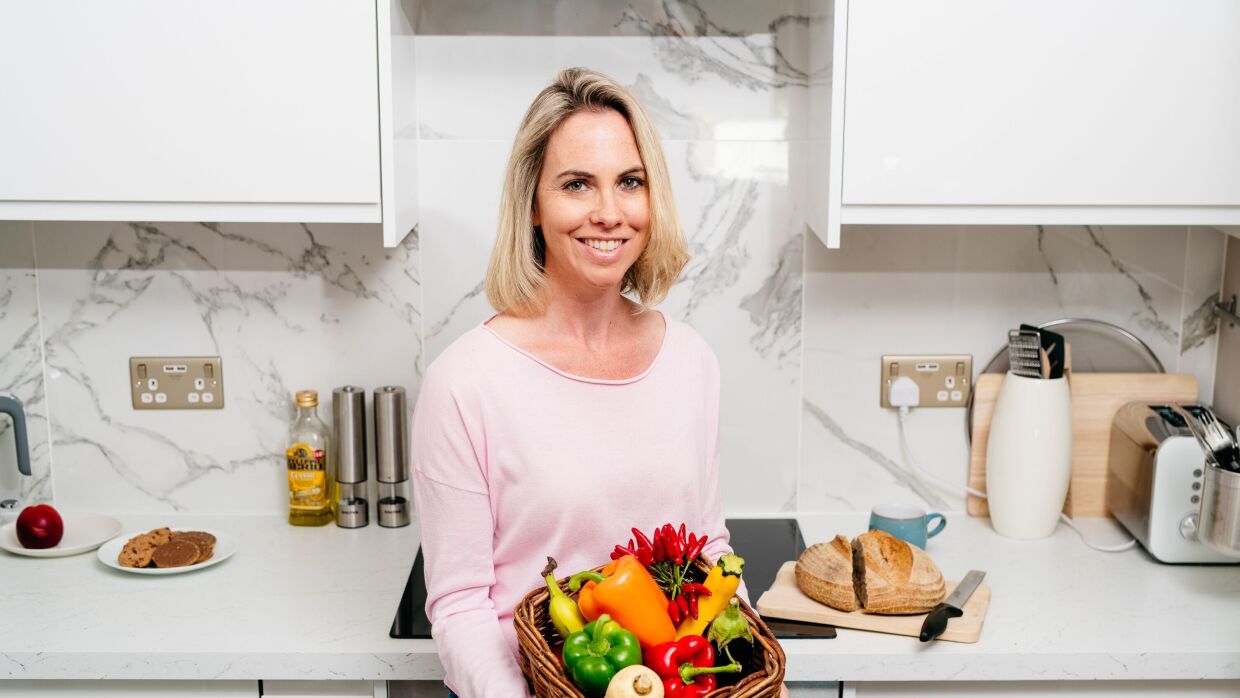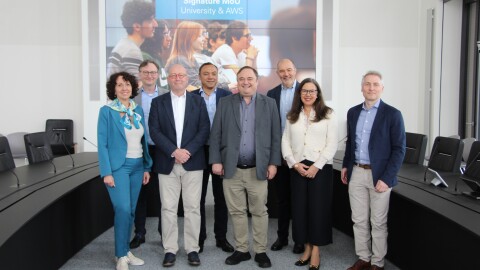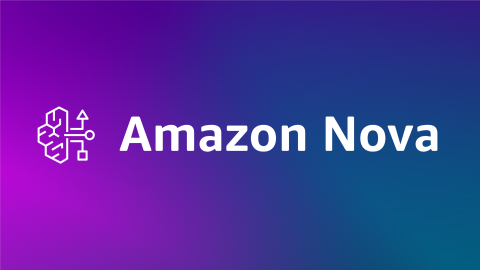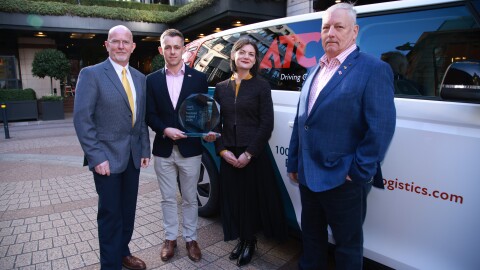In 2015, Tessa Clarke told her friend Saasha Celestial-One about an idea for a new community food sharing app which could tackle society’s food waste problem while also bringing local communities closer together.
From there, Tessa and Saasha began an exciting journey as co-founders of OLIO, which enables individuals and organizations to quickly and easily share food that might otherwise go to waste.
Today OLIO is the number one free sharing app with over six million users globally (half of which are based in the UK), and an objective to reach one billion users by 2030. Built entirely using the AWS Cloud, OLIO is also using AWS’s technology to help achieve that long-term ambition.
We spoke to Tessa about OLIO’s values, their journey so far, and how AWS is helping to make it all possible.

The food waste problem
Tessa’s ‘lightbulb moment’ came in 2014 when she was packing up an apartment to move from Switzerland back to the UK: “I’ll never forget that feeling – despite our best efforts to eat everything we had, we still had leftover food. The removal team told me that all the food had to be thrown away, but I just couldn’t bring myself to do it.”
For Tessa, this sparked a game-changing question: “Why isn’t there an app I can use to share food with someone nearby who might want it?”
Both Tessa and Saasha had grown up in waste-averse families who prized frugality. “My parents are farmers in North Yorkshire,” Tessa explains, “so I know how much hard work goes into producing the food we all eat. And Saasha spent much of her childhood accompanying her mum on salvaging missions, repurposing everything from plants to soda cans.”
When they began looking into the issue of food waste, they realized what a monumental problem it posed. For example, WRAP (a charity which gathers evidence to inspire action in areas creating the most waste) shares that global food waste is estimated by the Intergovernmental Panel on Climate Change to contribute 8-10% of total man-made greenhouse gas (GHG) emissions.
Tessa’s research into the problem highlighted that, “a third of the food we produce globally is thrown away, and in the UK households are responsible for over half of all food waste. The average family throws away £700 worth of food each year. That adds up to £14 billion – going straight to landfill!”
“I realized food waste was a problem that had to be solved - and I couldn’t see anyone else solving it,” she adds.
Bringing OLIO to life
To bring the idea for OLIO to life, Tessa and Saasha opted to start small: “First, we wanted to see if this was an issue individuals cared about to engage with and grow the business. The take-home message from our initial research was that a third of people were physically pained by throwing away good food. We were stunned, and that propelled the idea forward.”
After successfully testing a proof of concept on WhatsApp, Tessa and Saasha worked with a Bristol-based consultancy to build the first iteration of the app: “We swapped equity in the business in exchange for reduced day rates during our first round of fundraising, so frugality was built into our culture from day one”
She adds that OLIO had to be hyper-local in order to link communities, and this called for a boots-on-the-ground approach: “We had to get out and meet people in their communities – we wouldn’t have grown if we’d tried to do everything from behind a computer.
“We spent that first summer pounding the pavements in north London, getting people signed up to find out more soon. By the time we launched in July 2015, we had over 2,000 people ready to receive our first email.”

Innovation to reduce food waste
As OLIO grew from its early days on the streets of north London to the whole of the UK and beyond, the need for a robust cloud infrastructure became clear – and AWS was a natural option.
AWS now hosts the entire OLIO infrastructure, from domain hosting through to its database and file systems, and is preferred for its price, features, scalability, and reputation.
“We’re connecting strangers in real life, so privacy and security are big considerations. We added various elements to the product to address this, such as user profiles, SMS verification, ambiguous GPS pick-up coordinates, and star ratings. All listings and actions are recorded,” Tessa explains.
Amazon CloudWatch, an AWS monitoring and observability service, provides the OLIO team with insight-packed data in the form of general server logs, metrics, and events that allow them to monitor app usage and operational health.
Tessa also reflects on how her role as a woman, an entrepreneur and an innovator are key components of OLIO’s success, both now and in the future: “I felt an entrepreneurial itch in my previous corporate career, but I lacked relatable role models – tech entrepreneurship felt inaccessible to me, and this is still unfortunately an issue for aspiring founders.
By building the OLIO platform on AWS, the OLIO team can scale operations quickly and easily and spin up servers in just a few clicks. The ability to adapt to meet demand at speed is invaluable to a brand like OLIO, which sees sudden spikes in demand.
“In terms of scaling regionally, today we have well over 750,000 new listings per month, we get tens of millions of messages every month, and we have substantial spikes in traffic. For example, when the brand is featured on television, we’ll get 10,000 sign-ups in two minutes,” she added. “Using AWS helps us to quickly and easily scale to meet that demand”.
The COVID-19 crisis also sparked behavior change among customers that lends itself to OLIO’s offering: “The sight of empty shelves from ‘panic buying’ reinforced the importance of food, and the risks of food scarcity. Many people have re-evaluated the nature of consumption, and there is a lively debate about how we can all shape a sustainable future.”
In response to the crisis, Tessa and the team consulted with their userbase and with environmental and food health officers, resulting in a new no-contact pick-up model.
“We saw a 25% decline in activity during the first two weeks of lockdown, but then stratospheric growth followed. Since the beginning of the pandemic, OLIO has grown sixfold in terms of the number of listings coming onto the app.”
AWS products and services were vital as OLIO responded to the crisis and adapted the app. Amazon ElastiCache on AWS, for example, offers fully managed Redis (Remote Dictionary Server). Redis is a lightning-fast database that’s ideal for caching and job queue management on data-intensive apps, flexing to suit fluctuating demands. AWS Device Farm also enables the team to run automated tests and improve app performance quality without overseeing any testing infrastructure.
“In the past year, demands on our servers increased dramatically, but our time to deliver has halved. People compare our in-app experience to giants like Facebook or Instagram – we know that user expectations are high.”
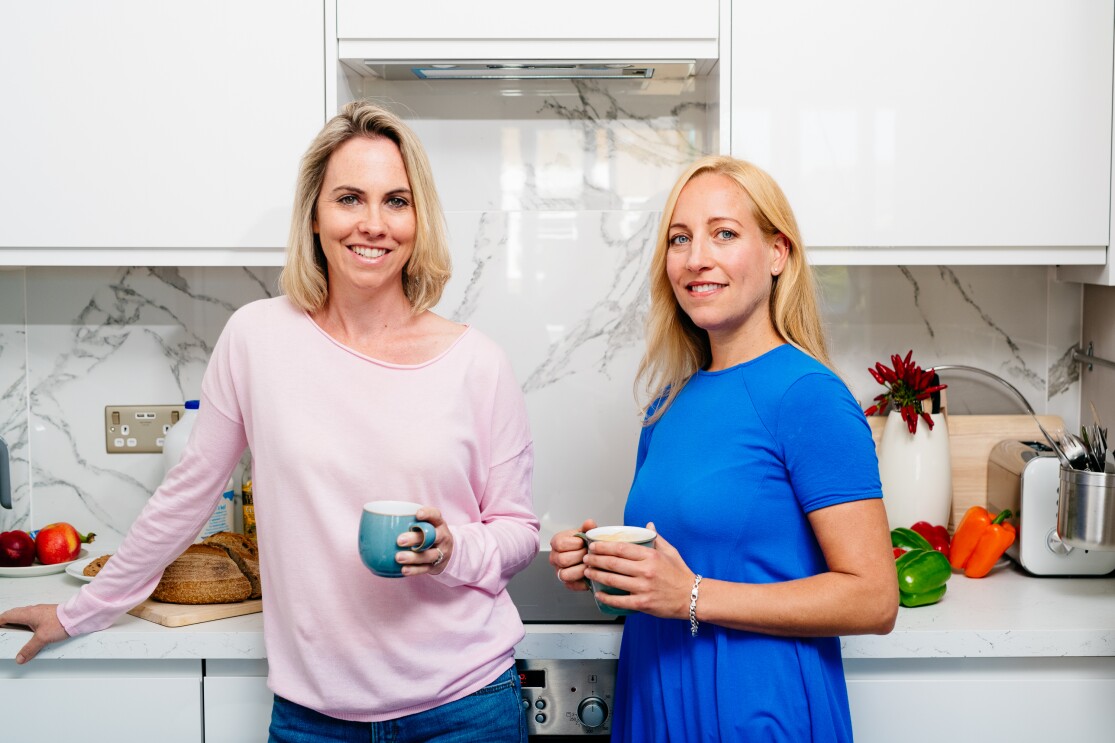
Roadmap to one billion users by 2030
“We now have over six million users globally,” Tessa explains. “We’ve scaled, improved performance, and achieved international expansion organically using a super low-cost model. Now we’re focused on fulfilling our 2030 vision to reach one billion users – an enormous ambition, but food waste is a problem we have to solve.”
“At OLIO, our number one value is inclusivity – it’s in our DNA. We work hard to ensure our team constitutes a mix of diverse individuals, nationalities, gender identities, and sexualities. Those are all vital qualities if we’re to achieve our goals,” she adds.
“In 2020 only 2.3% of venture capital investment went to female led businesses, globally. We cannot ignore that shortfall, especially considering how women-founded and diverse business are working to solve some of the world’s most important problems, from healthcare to the climate crisis.
“If we’re going to tackle those problems, we also need the capital to build. That’s a big inspiration to keep growing, succeeding, and supporting others too. We’ve managed to create a truly diverse team at OLIO because we’re remote-first, we’re led by women with young children, we understand those challenges.
“This has opened up a huge talent pool of people who want to work remotely or flexibly while also contributing to a solution to this huge problem of food waste. Our team are driving OLIO forwards – and it’s very exciting to see how far we can go.”
Learn more about the women founders using AWS to develop their solutions.


